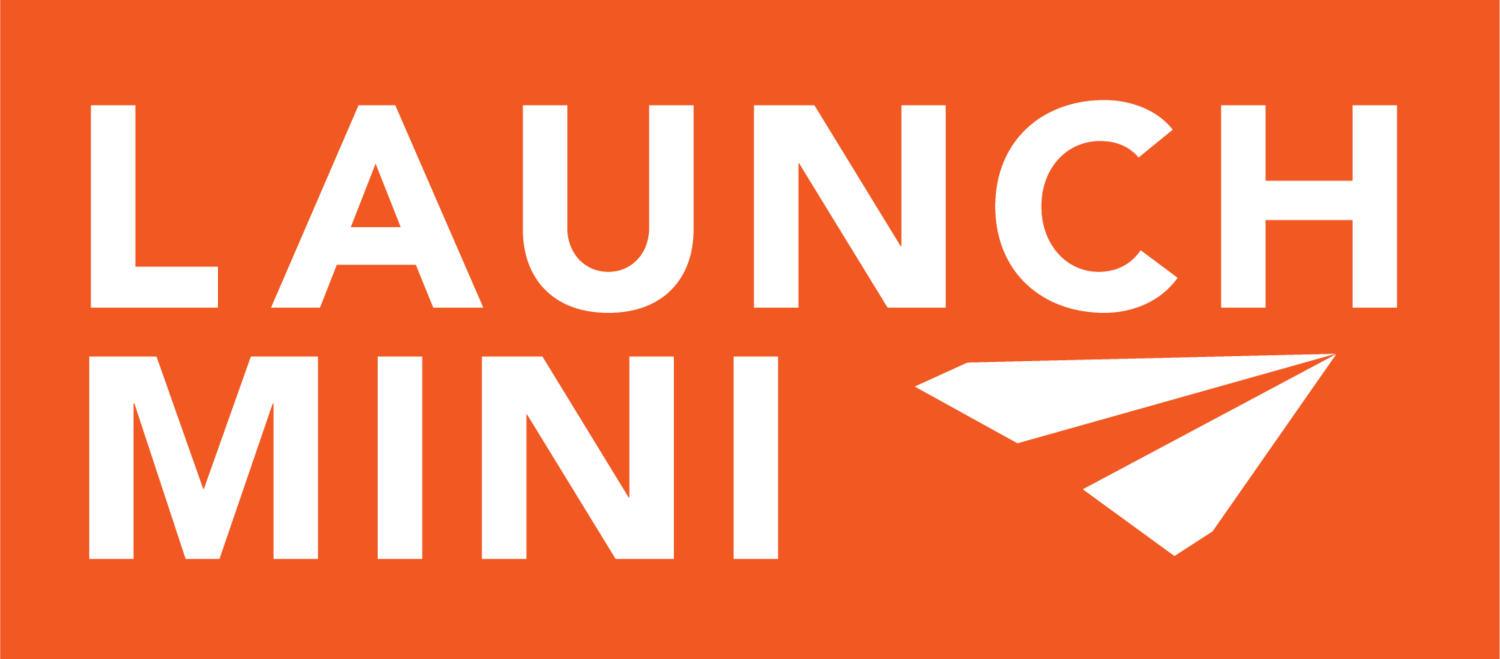Taking on the Hard Question in Your Interview - by Allison Bruns (Part 3)
/When you get a lemon…or in this case, a hard interview question, what do you do?
Ever had the moment when you’re sitting in a job interview and the interviewer asks a question that you have no idea how to answer? If you haven’t, you will soon. There have been times when a potential employer asked tough interview questions to me. A favorite one of mine was, “Tell us about a time you failed. We want to know because we don’t want someone who will make little mistakes. But tell us about a time when you messed up.” I mean, he told me he doesn’t want someone who makes mistakes, but then he asks me about a time when I’ve made a mistake. How am I supposed to give a good answer?
When put into an awkward spot in the interview, you may need to think more deliberately of how to answer. There are ways you can buy yourself a little bit of time to think, but don’t sit silently. In the example above, I bought myself a little bit of time by saying, “That’s a good question. I really appreciate how you focus on the details of a project. It is really important to get every bit right!” By talking without giving a direct response, I gave myself just a few seconds to think through an answer. If you find yourself in a similar circumstance or if you are stuck, comment on the validity of the question or something that the interviewer said to buy your self a moment.
But what if you’re answering a question, and you can tell it is going south? Counterintuitively, don’t try to save it (I speak from experience!). If you decide to save the answer versus just dropping it, you may appear rambly and could land yourself in a position where you seem unconfident or too much like a people-pleaser. Additionally, you could make an already not-great situation take up more time than it needs to (look up the apricot-soaked-in-honey scene from the movie Notting Hill if you want an excellent example of this). Wrap up the question as quickly as you can and allow the interview to swiftly continue. You want the interviewer to remember the good answers you gave, not the one unnecessarily long and awkward lousy answer.
When in doubt, try to build a personal connection with the interviewer. Listen to them carefully and try to relate something to yourself. If you find you have even one small thing in common, say it. It helps them to remember you and not just your resume. I have used this tactic in a variety of ways. Everything from seeing Hamilton to culture shock has helped me to connect myself to an interviewer. The chances of your interviewer speaking with many different candidates are high, and you want to be the one who developed some relationship with them.
Speak to them as an individual and try to find common ground, discussing more than the company. After all, they are a person too. When they ask you a difficult question, stay calm. Buy yourself some time and try to think of a memorable answer. If you can’t, keep the answer short and sweet to allow the interview to continue. Keep in mind that the interviewer sitting in front of you is a person, build connections with them. This tactic will help you to put a personality behind the resume and may help when tough questions arise.







